Tag: elections to watch
-
Ballotpedia is covering general elections in eight Oregon school boards on May 18

The general election for eight school boards in Oregon is on May 18. These districts do not hold primary elections for school board races. The filing deadline to run passed on March 18. School board candidates are competing in the following districts: • Beaverton School District • Centennial School District 28J • David Douglas School…
-
Gov. Greg Abbott sets runoff in Texas’ 6th Congressional District for July 27

Texas Gov. Greg Abbott (R) announced that the special runoff election to fill the vacancy in Texas’ 6th Congressional District will take place on July 27, 2021. The two candidates in the runoff are Jake Ellzey (R) and Susan Wright (R). Since they are both Republicans, the seat will not change party hands as a…
-
Eight candidates file to run in two Georgia state House special elections
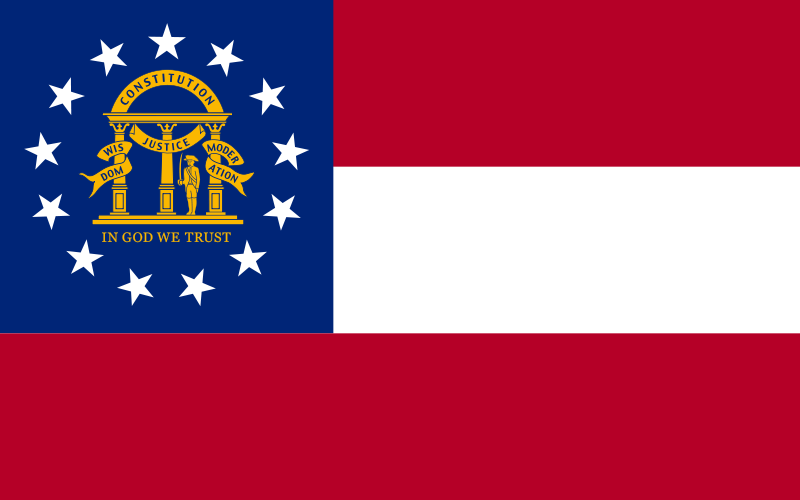
Candidates interested in running in the special elections for Georgia House of Representatives Districts 34 and 156 had until May 7 to file. The general election in both districts is scheduled for June 15. If no candidate earns a majority of the vote in the general election, the top two vote-getters will advance to a…
-
Charlie Crist announces he’s running for governor of Florida
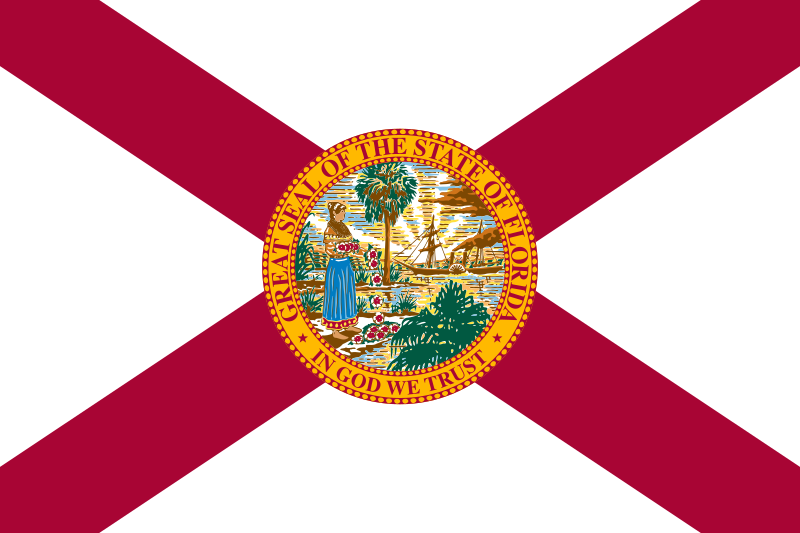
U.S. Representative Charlie Crist (D) announced he is running for governor of Florida on May 4. Crist is the first Democrat to declare he’s challenging incumbent Gov. Ron DeSantis (R), who was first elected in 2018. Crist currently represents Florida’s 13th Congressional District and served as governor of Florida as a Republican from 2007 to…
-
Special election primary to be held on May 18 in California Assembly district

A special election primary is being held on May 18 for District 54 of the California State Assembly. Isaac Bryan (D), Dallas Denise Fowler (D), Heather Hutt (D), Samuel Morales (D), Cheryl Turner (D), and Bernard Senter (No party preference) are running in the primary. If a candidate receives more than 50% of the vote…
-
Here’s how Virginia Republicans will select their statewide nominees on May 8
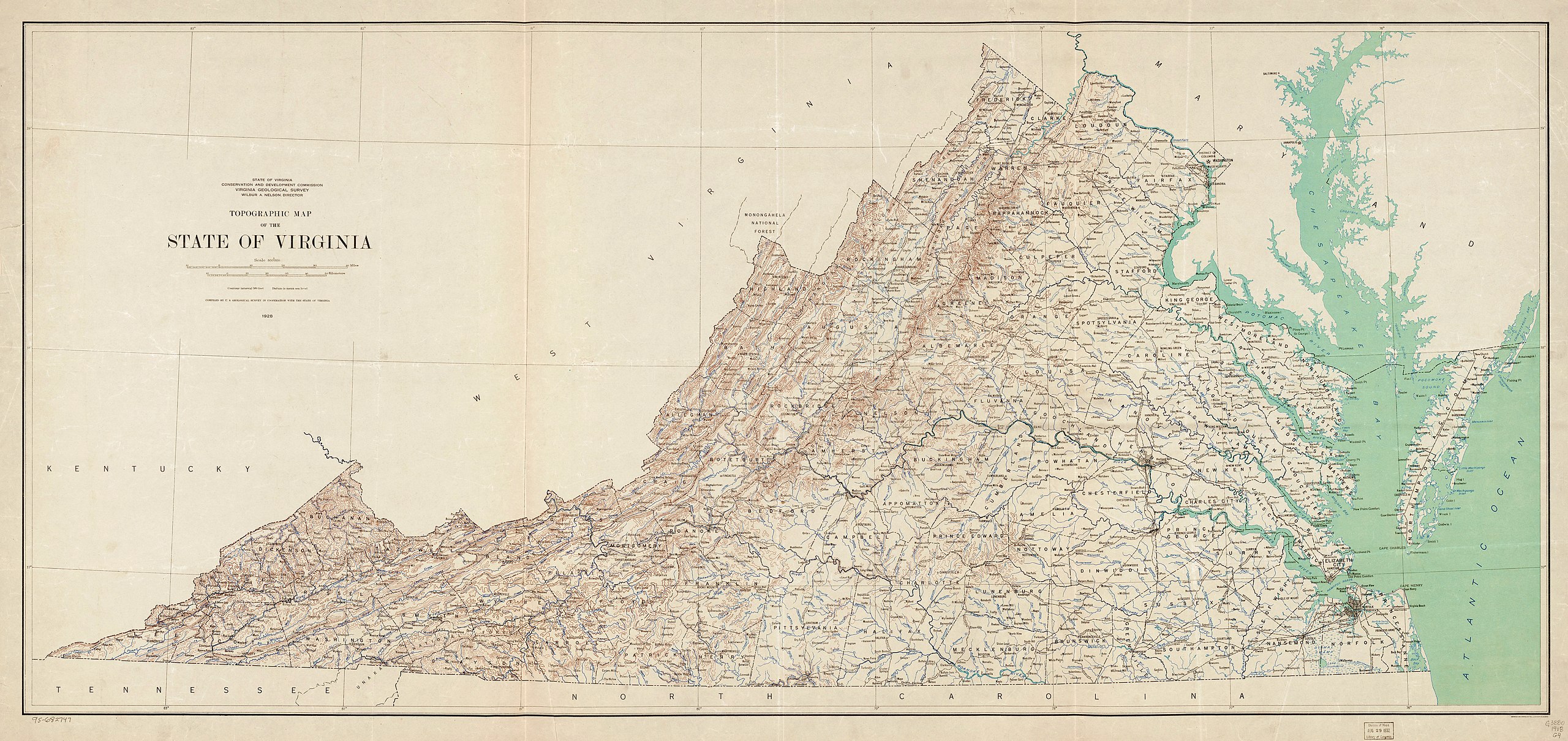
Republicans in Virginia will be meeting on Saturday to pick their statewide nominees for governor, lieutenant governor, and attorney general. The Republican Party of Virginia chose to hold an unassembled convention rather than a primary, meaning delegates, voters who registered to participate in the convention, will decide the nominees. Conventions in Virginia typically take place…
-
Omaha, Nebraska, voters to decide mayoral, city council races on May 11
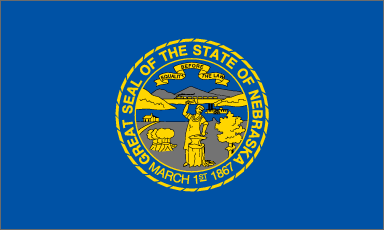
The nonpartisan general election for Omaha, Neb., will be held on May 11. The top-two primary was held on April 6. Candidates will be competing for mayor and seven city council seats. On election day, the polls will be open from 8 a.m. to 8 p.m. In the mayoral race, incumbent Jean Stothert and RJ…
-
Arlington mayoral election heads to runoff

Jim Ross and Michael Glaspie advanced to a runoff from the seven-candidate field in the general election for mayor of Arlington, Texas, on May 1, 2021. Ross received 47.9% of the vote and Glaspie received 21.3% of the vote. Marvin Sutton, the third-place finisher, received 15.1% of the vote. The runoff election will take place…
-
Fort Worth mayoral election heads to runoff

Deborah Peoples and Mattie Parker advanced to a runoff from a 10-candidate field in the nonpartisan general election for mayor of Fort Worth, Texas, on May 1, 2021. Peoples received 33.6% of the vote and Parker received 30.8% of the vote. Brian Byrd, the third-place finisher, received 14.7% of the vote. The runoff election will…
-
Filing deadline approaches in Lansing, Michigan
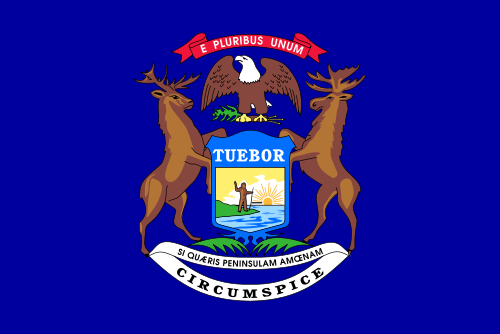
The filing deadline to run for elected office in Lansing, Michigan, is on April 27, 2021. Prospective candidates may file for mayor and the following positions on the eight-seat city council: the Ward 2 seat, the Ward 4 seat, and two at-large seats. The primary is scheduled for August 3, 2021, and the general election…

